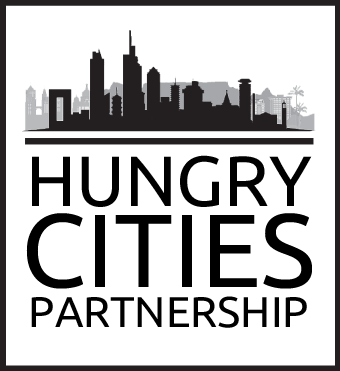Document Type
Hungry Cities Report
Publication Date
2020
Department
Balsillie School of International Affairs
Abstract
This report presents and analyzes the findings of a city-wide informal food vendors survey conducted by the Hungry Cities Partnership (HCP) in Nairobi, Kenya, in October 2019. It builds on, and should be read in conjunction with previous HCP reports on Nairobi: HCP Report No. 6: The Urban Food System of Nairobi, Kenya (Owuor et al 2017) and HCP Report No. 11, The State of Household Food Security in Nairobi, Kenya (Owuor 2018). This report, which is divided into nine sections, provides an up-to-date overview of the informal food sector in Nairobi’s food system. The next section describes the survey methodology and the third section analyzes the demographic characteristics of the sampled food vendors including gender, age, education level, migrant status, and occupations. The fourth section looks at starting an informal food business in terms of the reasons for entering the informal sector, when the business was started, business premises, sources of start-up capital, and business licensing. The fifth describes the types of foods sold, sources of stock, business expenses, net monthly profit, current value of enterprise, family dependence on informal vendor revenue, access to infrastructure and services, and employment creation. Section six is focused on food vendor strategies such as their locational preferences, setting of prices, business strategies, and financial inclusion, while section seven concentrates on operating challenges including competition, and threats to safety and security. Section eight explores the future plans of informal food vendors. The last section presents the summary of findings and conclusions.
Recommended Citation
Owuor, Samuel, "No. 21: Inclusive Growth and Informal Food Vending in Nairobi, Kenya" (2020). Hungry Cities Partnership. 45.
https://scholars.wlu.ca/hcp/45
Included in
Food Studies Commons, Human Geography Commons, Politics and Social Change Commons, Urban Studies and Planning Commons


